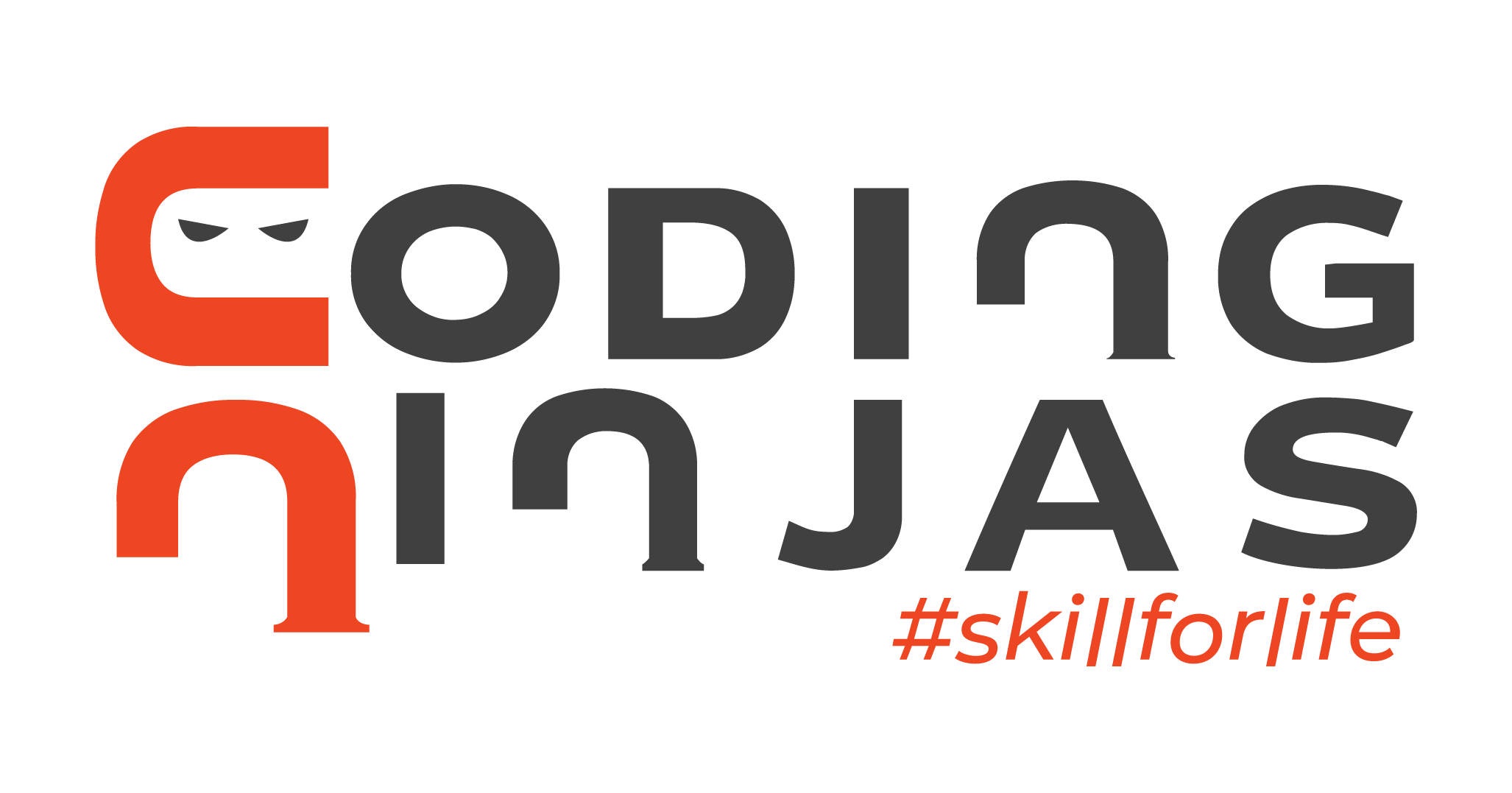Table of Contents
Introduction
When comparing corporate vs startup jobs, both are observed to have their unique advantages and disadvantages. Startups are popular among freshers and even experienced candidates for providing new experiences and opportunities.
Many people, however, prefer working in well-known companies and go for stable jobs. However, nowadays, mostly the freshers do not care about stability and are more determined to experience the growth that the startups offer. With huge investments and startups acquiring huge fundings, the playing field has become levelled when it comes to salaries.
Both corporate and startup jobs are providing incredible salaries nowadays, so one must wonder about what is more important to him or her personally, when given an opportunity to choose among a new startup or an MNC, which has been around for decades.
Work Environment In Corporate Vs Startup Companies
When taking work environments into consideration, one must understand that startups are initiated with very specific people on board. These people generally are skilled professionals from different fields who have been chosen to take the company further. In startups, one gets to meet many talented people from different fields with varying levels of experience.
Regardless of one’s job, he or she is able to mingle with the brightest minds from fields such as marketing, finance, designing, management and other technical departments. The exposure is immense and one gets to work closely with the most important people in the company, the directors, founders and managers. Due to the smaller number of employees, interpersonal relationships are great and one gets to communicate with higher management easily.
When talking about massive companies and conglomerates, these companies present the opportunity to work in that specific field extensively. Larger companies isolate their departments and thus there is very minimal interaction with people from other departments. The employees around you tend to be of similar age with approximately the same amount of experience as well.
This is not the case with newer companies or startups as sometimes they require the coordination and cooperation of the various departments to meet deployment or delivery deadlines. The age and experiences of co-workers also seem to vary greatly within the same departments as well, thus allowing tremendous exposure to people with different backgrounds, outlooks and skills. Startups are also known for providing much more job satisfaction than corporates, with MNCs being more professional and static in nature.
Read about The Electronics Startup Story Of Cirkitree
Experience And Learning In Corporate Vs Startup
Both corporate and startup jobs allow employees to learn different things, considering that we cannot compare knowledge or learning. All kinds of learning lead to growth and further development. Leaving that aside, the experience that can be gained from corporate jobs is specialised and professional in nature.
It is focused upon the current job role of the employee by stressing the technical aspects of the employee’s responsibilities. Employees are trained while keeping this in mind, there is a predetermined structure that is already set for an employee, which he or she needs to follow.
Although there is a lot of room to learn in massive companies such as Google, Amazon or Microsoft, the knowledge gained is generally process-related and does not derive from other fields and processes. There is very little room for new experiences or ‘out of the box’ experiences other than the generic life cycle of the task at hand. Experiences are generally not unique, especially when one is involved with technology and services which are already out there performing and just need maintenance.
Unlike corporate jobs, startups offer many new experiences and various opportunities for learning. Not just through the job at hand, but by coordinating with other departments and fulfilling important roles in the organisation.
Due to the smaller nature of setups, employees are responsible for valuable work, which might even be unique to them. Unlike in corporate setups, where multiple employees are doing the same thing, startup employees get the opportunity to do new things or complete unique tasks assigned to them.
Startups also offer new learning opportunities through trial and error methodologies and allow employees to gain more knowledge about the market, product category and services while understanding client and consumer acceptance through feedback. This applies heavily to new products and services as tried and tested products do not pose new challenges for corporates.
Startups are also known for taking more risks and delving into more modern concepts. Compared to startups, corporates might seem to be a bit orthodox and slow, especially when compared to the fast-paced learning curve expected by startups.
Growth In Corporate Vs Startup Companies
When talking about corporate vs startup opportunities, there are massive differences between corporate companies and start-ups. Employees experience immense growth in startups, both in terms of responsibilities and individual importance. Corporates generally follow a fixed structure for their employees, this includes requiring a specific amount of time served in the company before the employee is promoted or given better responsibilities.
This is almost a fixed thing in some companies that can range from three to five years before they decide that a candidate is eligible for a promotion. Alongside the requirement of working hard and effectively, one needs to serve a given period before he or she can benefit from the hard work and effort put into the organisation.
This is not the case with startups, startups are always about performance and rewards. Startups are known to heavily reward their top performers by ensuring they get opportunities soon. Startups start really small and thus provide incredible opportunities to their older members when they start growing in size.
Unlike corporates, startups promote their employees based on requirements and their respective performances, instead of the total period that the employee has served. Start-ups are less orthodox and static, being more inclined to give opportunities to people with less experience and they also look beyond degrees or universities.
For instance, think of a scenario where a startup has commenced business with just 50 employees. When the startup reaches a phase in one or two years where they now have 1000 employees, think about the incredible growth that the initial employees will experience alongside the company itself. The initial employees are always delegated important positions and managerial tasks to handle and coordinate the newer employees.
Stability In Corporate Vs Startup Jobs
This is one aspect where corporates definitely take the cake. Corporate jobs are known for being stable and long-lasting as these processes, products, services and companies are there for a long time. MNCs such as Amazon, Google or Microsoft offer the stability which is unbeatable as long as the employee performs.
Larger firms do not need to cut down on employees during hard times when there is a need to cut down on costs. MNCs and corporates have huge financial power, which allows them to stay afloat while supporting their employees during trying times. Corporates are also less likely to lose employees due to the incredible need and requirements that they face.
This also means that corporates are not heavily inclined to fire someone depending on minimal deviation in performance whereas startups cannot afford the time and patience to depend on employees rebounding back while more qualified individuals are waiting to fill up that role.
Many startups are known to come and go, thereby definitely not ensuring the job security of employees. Some startups have enormous funding, yes, however, due to many discrepancies and factors that new products or services can face, jobs in newer companies are not stable.
From pay cuts to losing employees, startups are known to cut down during trouble, especially during losses and financial trouble. Many services and products end up not taking off, making many startups close down as well.
One cannot expect the same stability to be offered by startups such as the stable environment found in MNCs. These companies are functioning for years, having massive goodwill and loyal clients or customers, thus ensuring that they keep functioning for many years to come.
This is the only area where startups definitely cannot compete with and stability is something they absolutely cannot ensure, even with perfect business strategies and plans. If it is stability that one is looking for, there is nothing better than a corporate job when one has decided to work in the same company for a long time.
Salary Offered In Corporate Vs Startup Companies
When it comes to salaries, there is not much to say as investors have started taking interest in unique startups and have started heavily funding them. When talking about corporate vs startup salaries, we must also consider stocks and shares as well.
Startups are more likely to offer stocks or shares of the company to their initial employees. Some MNCs are also known to do that till now, however, the opportunity or the portion is much lesser as compared to startups who increase in value exponentially. For instance, initial employees of many startups experience incredible growth in wealth when the companies get bigger or get acquired by bigger companies.
For example, the incident that surrounds this – the first Paytm employees rapidly became richer when Paytm was acquired by Flipkart. This is due to the fact that these employees were being offered stocks alongside their salaries when Paytm initially came out and these stocks increased in value by a hundredfold.
But when we are talking about lesser-known startups or startups with smaller funding, their affording capabilities is much lesser than that of the massive corporations. MNCs are more likely to pay a greater salary to their employees as compared to startups with weaker finances.
However, this does not matter to many people as some are more attracted towards stocks and prospects as compared to the salary. Nowadays, most popular startups try matching up to big corporates in terms of salary, however, MNCs will always have more purchasing power than them, thus bagging skilled employees with larger offers.
However, one must understand that the salary one is getting now does not contribute to long-term growth and does not make someone rich. It is good decisions and opportunities that make a person wealthy in the long run.
Frequently Asked Questions
It truly depends on individual preferences and priorities. If one wishes to go for better salaries and more stability, corporations are the best fit. However, if one wishes to learn more and gather different types of experiences, startups are a great choice.
Working in a startup provides new experiences, thus, opening up new opportunities and prospects. There is also an immense growth in startups, which is the fundamental reason why working in startups is preferred by many.
Yes, nowadays startups pay really well. This is especially due to startups becoming huge success stories in modern times. However, some startups might not pay that well due to having lesser funds.
For growth, startups are the best. Startups also provide ample room for learning. Startups also provide the setup and opportunity to learn directly from the founders of the company, which is invaluable.
No, this is where startups are beaten by corporate companies. This is also the reason many people leave offers from startups to join traditional organisations. Corporates are much more stable as startups cannot ensure that they will exist for long periods and they cannot guarantee success for themselves, thus not being able to guarantee the jobs of their employees in the future. However, bigger startups with massive funding do not experience this issue.
Corporate jobs are static and do not provide many opportunities for growth. Corporates are less inclined to rapidly promote their employees due to the orthodox nature of their promotion process. Employees are eligible for growth only after extended periods of time.
Companies such as Amazon, Google, Microsoft and IBM would be some companies that are hard to turn down.
The brand value and the respect that comes along with it. Peers and families tend to definitely prefer larger companies with a bigger name for employees, hence pushing many employees to join the known MNC. MNCs also pay well and provide great stability.
Startups are willing to take risks and adopt modern ideas, and this makes them fun and really interesting to work at. Employees in startups have many new experiences and opportunities to meet people from all kinds of fields possessing different skills. This is something which is more satisfactory for some than larger salaries.
Key Takeaways
There are many factors that one needs to consider when comparing corporate vs startups. There is also the tag that comes along with joining well-known companies. Many feel proud to declare that they work in huge MNCs or conglomerates and that is definitely a valid reason to opt for a larger corporation.
However, when looking for exciting opportunities and growth, corporations might not be that great of an idea. Corporates are known for being static and job experiences are stagnant. Employees are tasked with doing the same things for years to come till they see any actual difference in their job responsibilities or field.
Regardless of this, working for big companies always provides a huge boost in one’s career and employees from big corporations are highly desired by hiring employers. This is not to say that experience in startups is not appreciated as employees learn many new things in startups and are able to boast of various challenges and learning opportunities that they have faced.















Leave a Reply